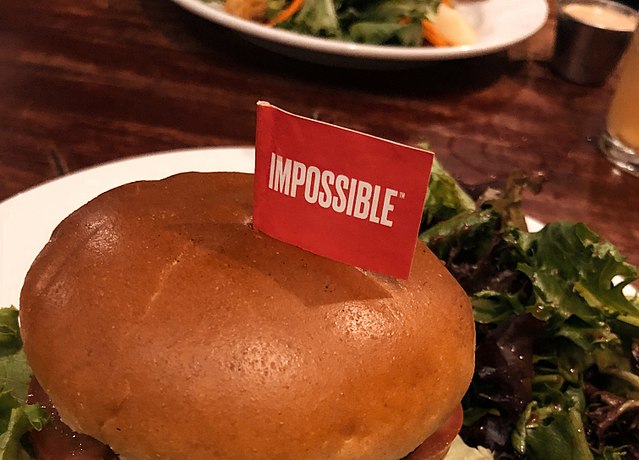It could get whiffy with everyone eating all that pea protein in the plant-based diet

News that Cargill, the agricultural trader and processor, is investing a large sum ($ 75 million) in pea protein, made me think of, gas.
No, really.
Flatulence. All those peas in all those plant-based meat substitutes, which are going to be the hottest thing on the market for years.
There’s a reason Cargill is adding to the investment it made early last year into Puris, the largest manufacturers of pea protein in North America. Puris, no doubt very pleased and flattered, has said it will double the capacity of its Minnesota plant, thereby keeping up with increasing interest from food companies.
That’s because everyone is turning to plant-based foods. There’s Beyond Meat, which is using pea protein as the main ingredient for its burgers, bacon, tuna and yoghurt. Peas are among the cheapest alternative protein sources, according to McKinsey.
But then again, there’s all that gas. The friendly bacteria in our guts help digest foods that our bodies have trouble breaking down. But those bacteria also produce gas. The foods most often linked to intestinal gas include beans, lentils, fruit, oat bran, peas, corn, whole grains, such as brown rice, oatmeal, and whole wheat.
The healthier you eat, the more the world gets to know it.

